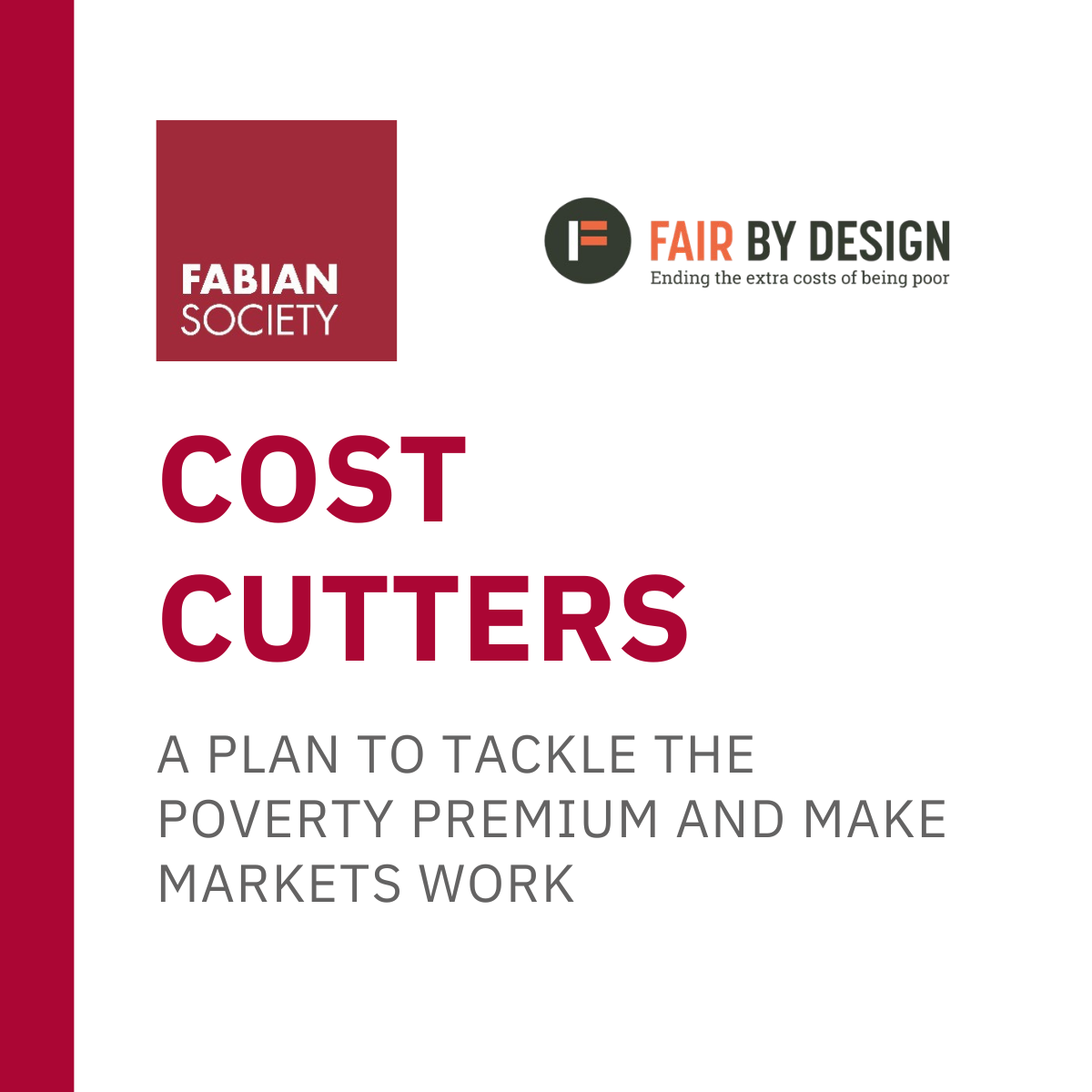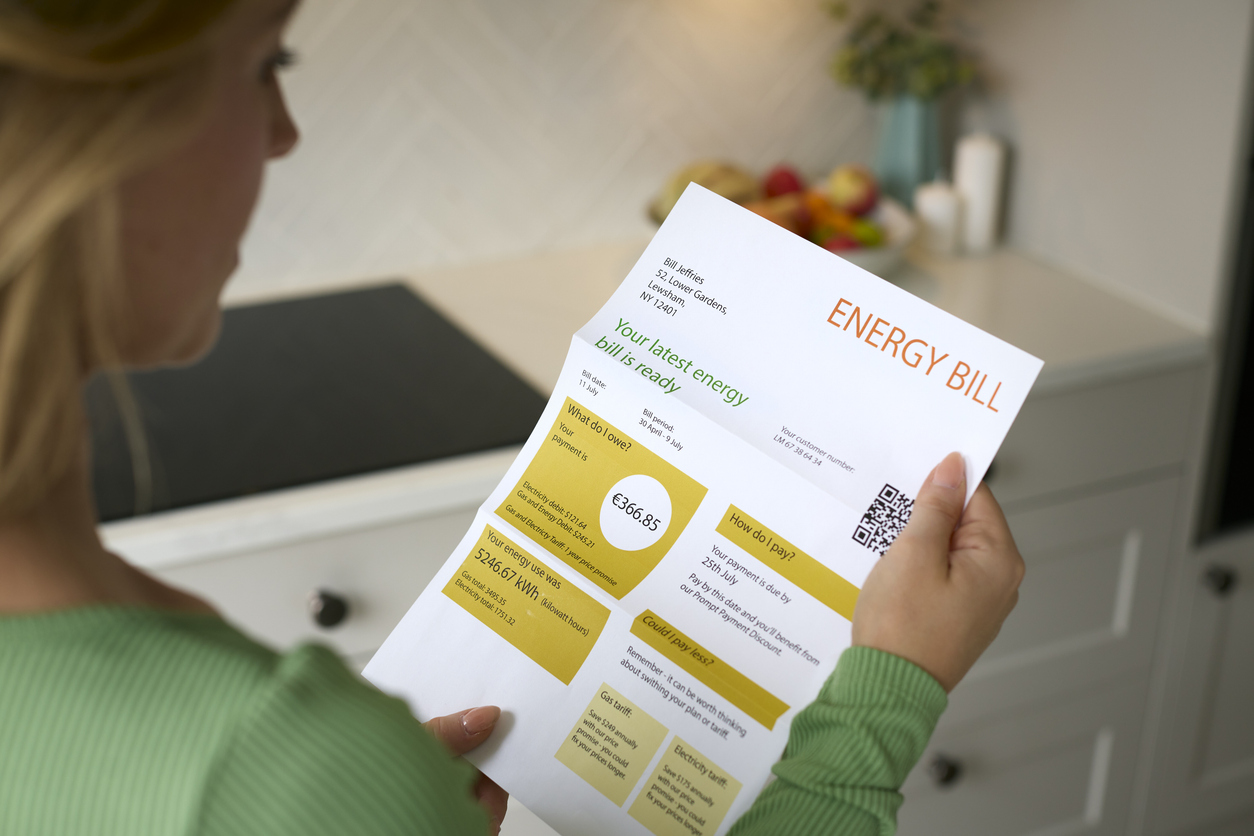People on low incomes pay a poverty premium because of the way they are able to pay for products and services. Some people do not have bank accounts, so have no access to direct debits, which tend to be a cheaper way to pay for bills. Others are charged to use fee-charging ATMs because they use cash to budget on a tight income. In some cases, people who need insurance can’t pay the full cost for a year in one go, and end up paying extra for the ability to pay in instalments. This is central to our response of this consultation.
We are urging the Future Payments Review team to carry out research into what consumer retail payment journeys are important to all consumers, but focusing specifically on what is important to individuals on a low income. In designing the payment systems of the future, it is essential that the needs of those on low incomes are designed in from the outset, to avoid further poverty premiums.
You can read our full consultation here.





